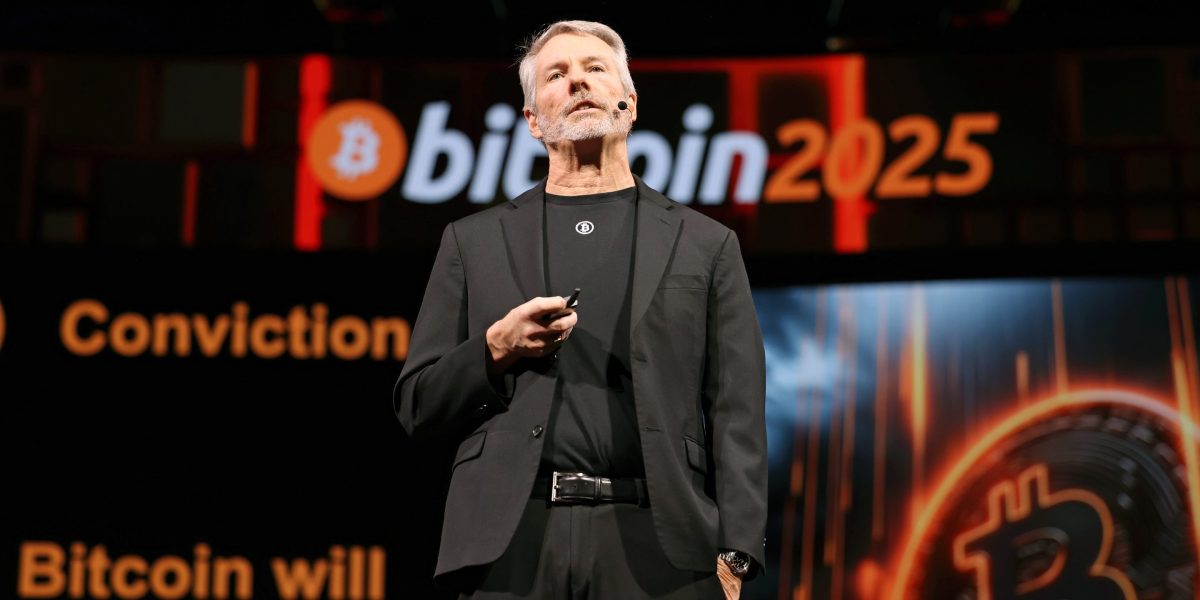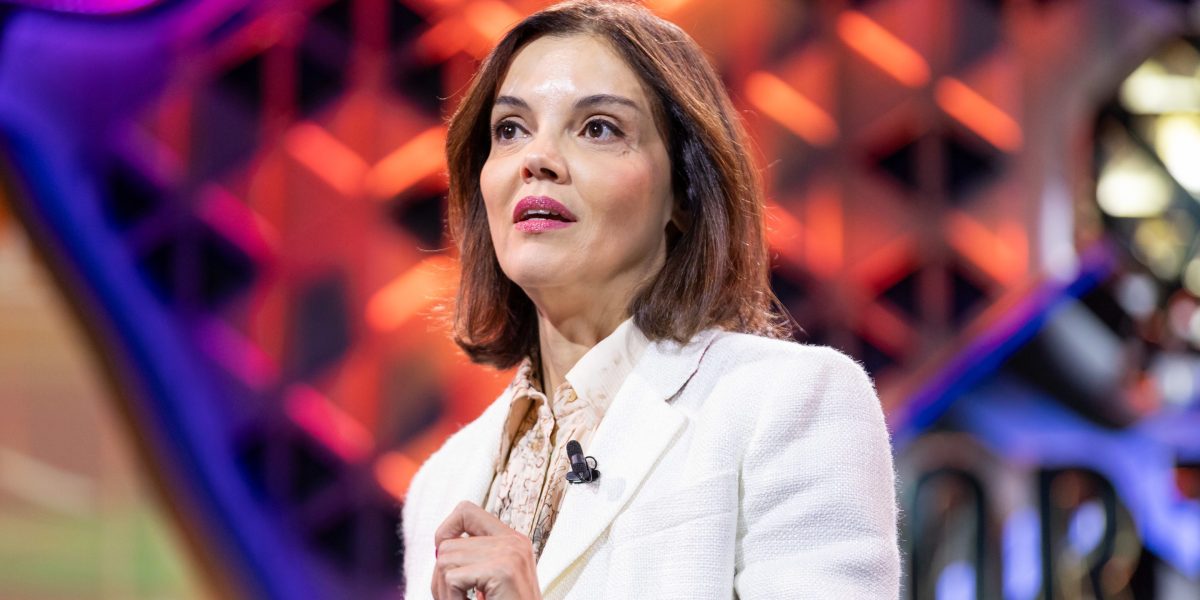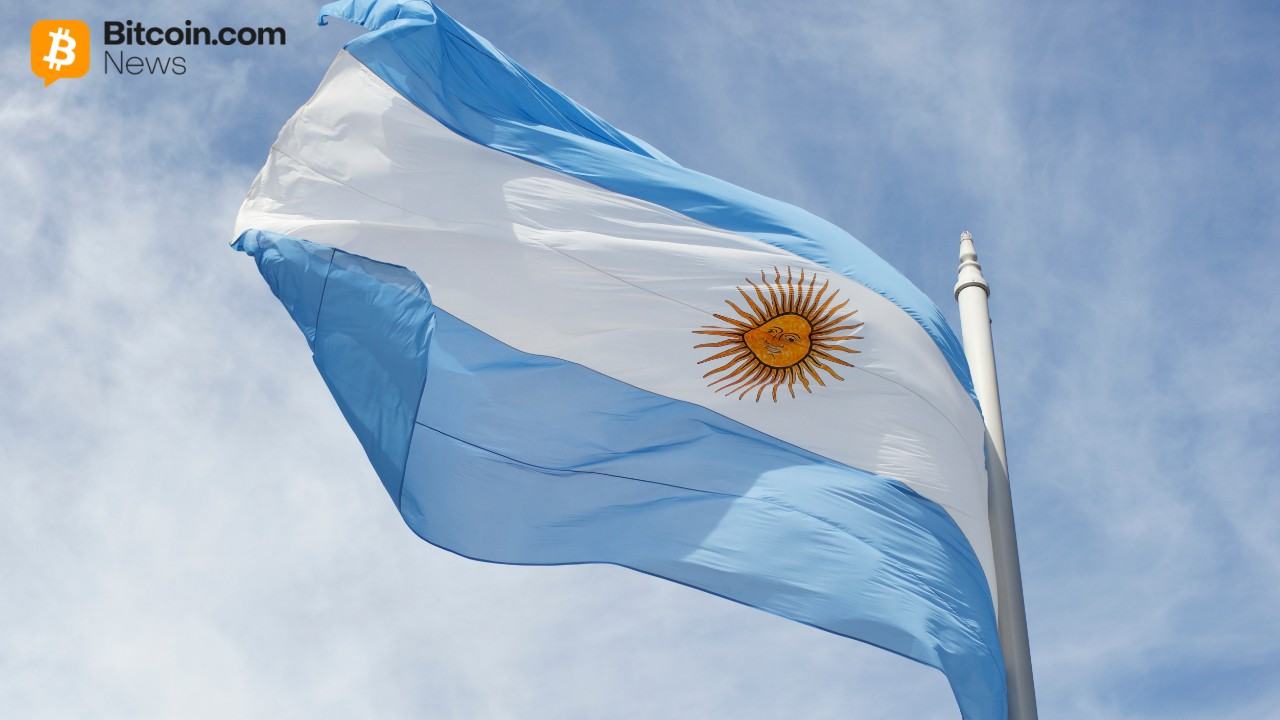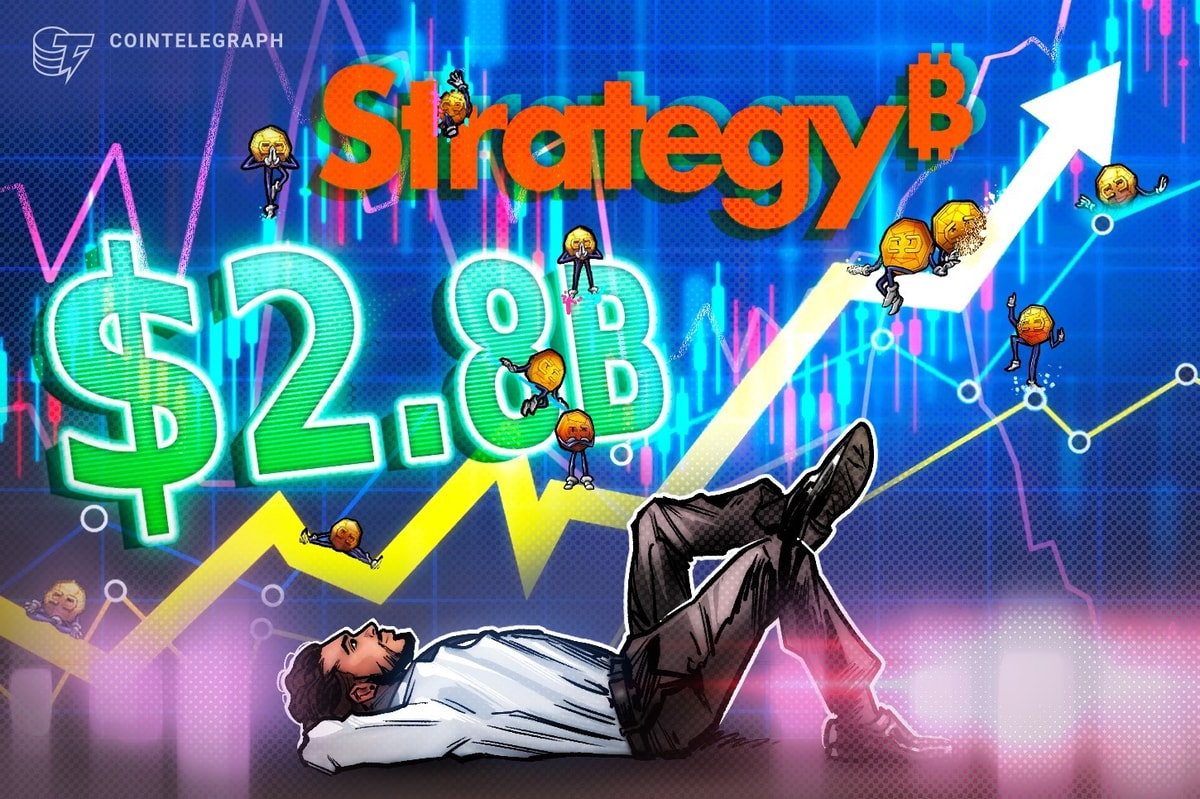A month later, Xi Jinping, who had just turned 23, visited his father, who made him recite two of Mao Zedong’s famous speeches from memory: “On Contradiction” and “On Practice.”
The Cultural Revolution ended that fall with Mao’s death. Xi Zhongxun would go on to become a national leader in the 1980s with a reputation as a reformer. His son Xi Jinping would become China’s top leader in 2012 and chart a more authoritarian course than any leader since Mao. One of the most enduring debates — and, for many people, deepest disappointments — in contemporary China is why Xi Jinping did not live up to his father’s image. After both were persecuted under Mao’s autocratic rule, why has Xi Jinping’s reign come to echo Mao’s cult of personality rather than the more open, institutionalized governance that his father most likely would have preferred?
In a new biography of Xi Zhongxun, China scholar Joseph Torigian addresses this question and contributes greatly to our understanding of China. The book, deeply researched, tells the story of a man torn between his humanity and his loyalty to the Chinese Communist Party, offering insights into the party’s workings and the human suffering that shaped his son’s governing style and conception of power.
“Some may wonder why Xi Jinping would remain so devoted to an organization that severely persecuted his father,” writes Torigian, an associate professor at American University and a research fellow at the Hoover Institution. “Perhaps the better question is, How could Xi Jinping betray the party for which his father sacrificed so much?” The book, “The Party’s Interests Come First,” is a portrait of the inherent contradictions within the party, where top leaders lived distorted lives. In an unforgiving system, they are destined to be both perpetrators and victims. Torigian writes that the book, set to be published Tuesday, is not intended to be a psychological analysis of Xi Jinping. But understanding Xi Zhongxun’s life illuminates the path that led to the China that his son now rules. The complexity of the father’s career, marked by idealism and trauma, ambition and restraint, lives on in his son’s governance, both as legacy and warning.
Throughout Xi Jinping’s life, Torigian writes, he has remained loyal to two institutions that demanded absolute obedience: party and family. His father, by multiple accounts, was a “ferocious disciplinarian.” As a child, Xi Jinping was required to kowtow to his father during the Lunar New Year — an incorrect gesture would earn him a spanking. The New Year tradition continued into adulthood. Even after he rose to prominence, he would stand respectfully to one side and wait for his father’s signal before sitting.
“The party and the father, often both ‘unfairly’ disciplinarian and strict, might, perhaps counterintuitively, together have inspired a particularly potent form of zeal,” Torigian writes.
Xi Zhongxun was born in 1913 in a village in a northwestern province, Shaanxi, one of China’s poorest regions. He joined the Communist movement at 13. By 32, he was head of the Chinese Communist Party’s Northwest Bureau, and by 46 a vice premier. People in the book describe him as earthy, charming, easygoing and courteous. Even the Dalai Lama, who worked with Xi Zhongxun in the 1950s before fleeing Tibet, recalled him as “pleasant.”
At times, Xi Zhongxun appeared to genuinely care about ordinary people’s lives. He believed that the Cultural Revolution was a catastrophe and that Mao-style strongman rule should never be repeated. He helped establish the Shenzhen Special Economic Zone, a central element of China’s early attempt to open up to the world, and was more tolerant of dissent than most Chinese leaders.
But as Torigian observes, “Xi’s ‘liberal’ sensibilities were only relative, and they could swiftly change.”
In early 1950, Mao was not happy that only about 500 counterrevolutionaries had been executed in the northwest. Xi Zhongxun, overseeing the region, responded by escalating the crackdown and later pledged to “kill more to create awe and terror.”
Many Chinese assumed that Xi Zhongxun opposed China’s 1989 Tiananmen crackdown, given his reformist reputation. As vice chair of China’s Parliament during the 1980s, he had championed the rule of law and press freedom. He had even proposed a bill to protect dissenting views.
Yet once the party decided on a course of action, he stood by it, as he had throughout his career. Ten days after the Tiananmen massacre, he visited wounded soldiers and called the event a “glorious page” in the history of the People’s Republic of China.
His son Jinping was much more skeptical of the students in 1989. To him, their behavior echoed the Red Guards during the Cultural Revolution. “Without stability and unity, nothing is possible!” he said in a speech just weeks before the bloodshed while serving as party secretary of Ningde in Fujian province.
To this day, Xi Jinping has remained intolerant of dissent and has emphasized stability and unity, sometimes at great human cost.
So politically, is he an heir to his father’s legacy or — as some suggest — the successor to Mao’s autocratic mantle?
“Xi Jinping likely doesn’t see himself as rejecting his father’s legacy, nor as following Mao Zedong’s line — at least not the Mao of the Cultural Revolution,” Torigian told me in an interview. “He seems to view himself as forging a middle path — neither as far left as Mao nor as liberal as the reform era.”
This may help explain the contradictions of Xi Jinping’s rule. He has strengthened national security and party control over ideology, priorities that have often held back the economy. Still, he has remained focused on growth. Some Chinese have termed that dual ambition “mission impossible.”
The most striking aspect of Torigian’s book is its unflinching portrayal of the party’s cruelty, not just toward the wider Chinese public but toward its own ranks. Its campaigns and purges left behind staggering numbers of people who were killed, imprisoned or persecuted.
Xi Zhongxun was purged in 1962, after Mao accused him of engaging in anti-party scheming. The suffering extended far beyond his family. According to the book, some 20,000 people were persecuted as part of the “Xi Zhongxun anti-party clique.” At least 200 were beaten to death, driven insane or severely injured. For years, Xi Zhongxun’s secretary recalled, the old man couldn’t bear to hear the word “implicated.”
Later Xi Zhongxun, already exiled to a factory, was kidnapped by the Red Guards, humiliated and beaten at what were known as struggle sessions. He was jailed in solitary confinement and did not see his family for eight years. Xi Zhongxun seemed to have developed mental health problems, which led him to weep constantly. One of his daughters killed herself. He had three children from his first marriage and four from his second marriage, including Xi Jinping.
Xi Jinping was 9 when his father was purged. In the early years of the Cultural Revolution, he, too, was persecuted and humiliated at struggle rallies, and he was incarcerated twice. At 15, he left Beijing to toil in an impoverished village in Shaanxi province and did not return until 1975 to attend Tsinghua University. He would later say he “suffered more than most people.”
Though both father and son endured deep suffering, neither wavered in his loyalty to the party. “In the party, suffering meant ‘forging,’ or strengthening one’s willpower and dedication,” Torigian writes.
The theme of forging runs throughout the book and helps explain Xi Jinping’s strength and his blind spots.
I wrote in a previous column that President Donald Trump launched a trade war against a leader unafraid to make his people endure hardship. When youth unemployment soared in 2023, Xi Jinping urged young people to “eat bitterness.”
In this sense he has echoed the tone and mindset of his father, steeped in revolutionary struggle, disciplined hardship and an unwavering belief in the party’s moral authority.
The question is whether enduring hardship holds meaning for China’s young generation. “When Xi Jinping says that every generation must fight its own battles, is it a rallying cry or a weary echo of the past?” Torigian asked. “It’s hard to say.”This article originally appeared in The New York Times.
























